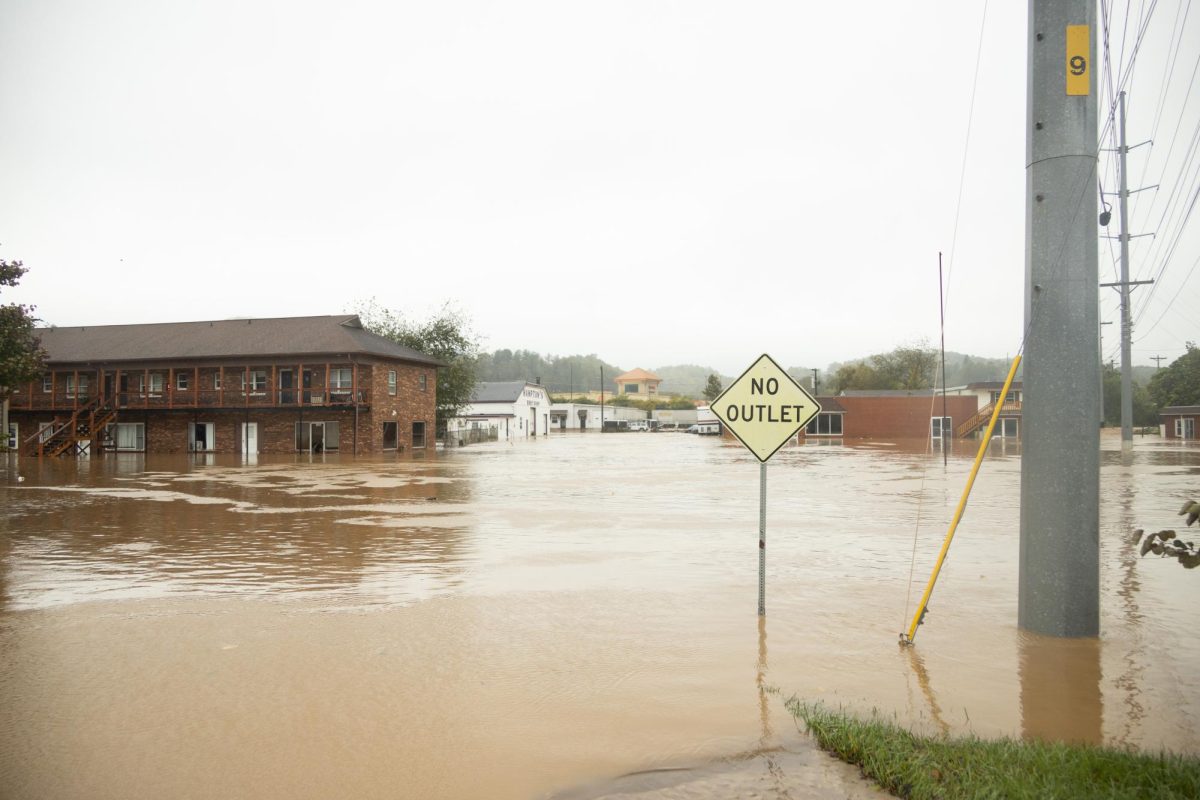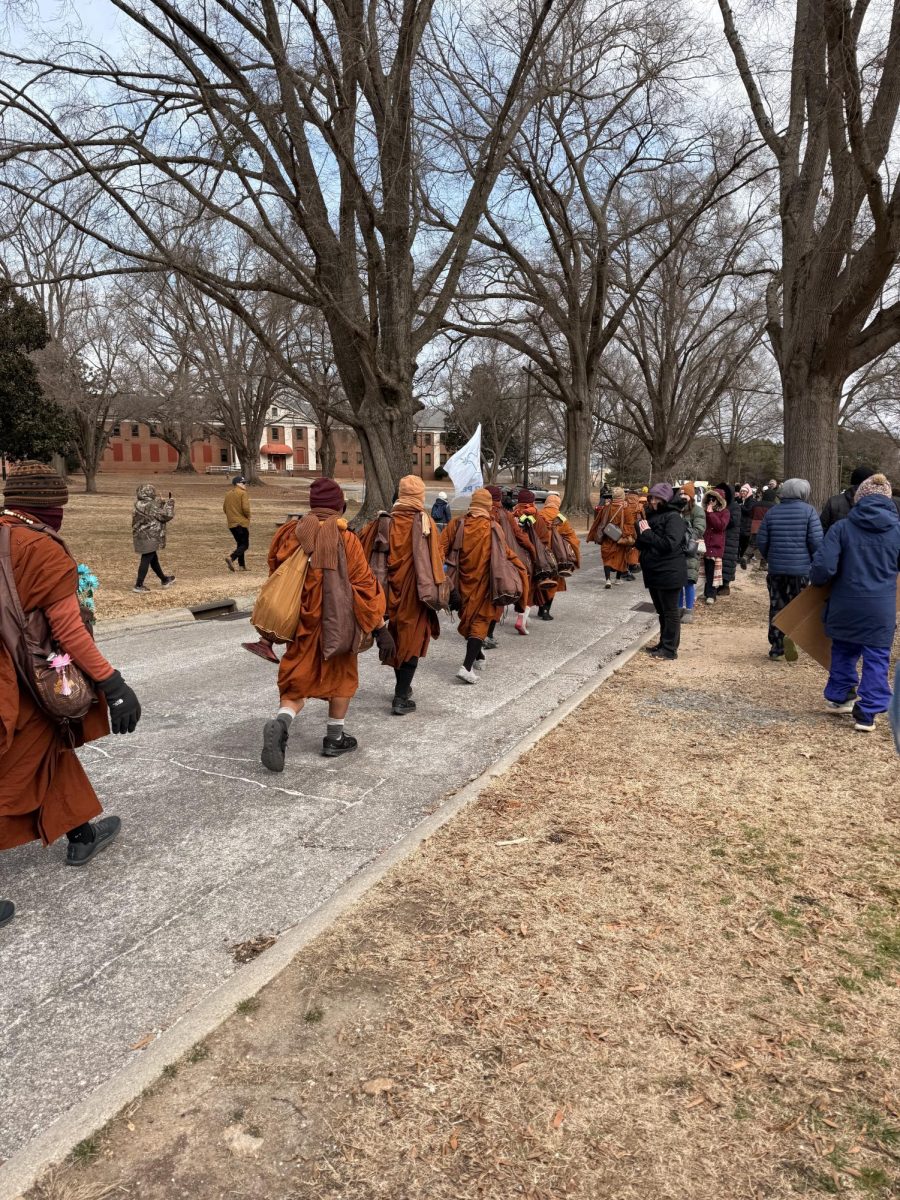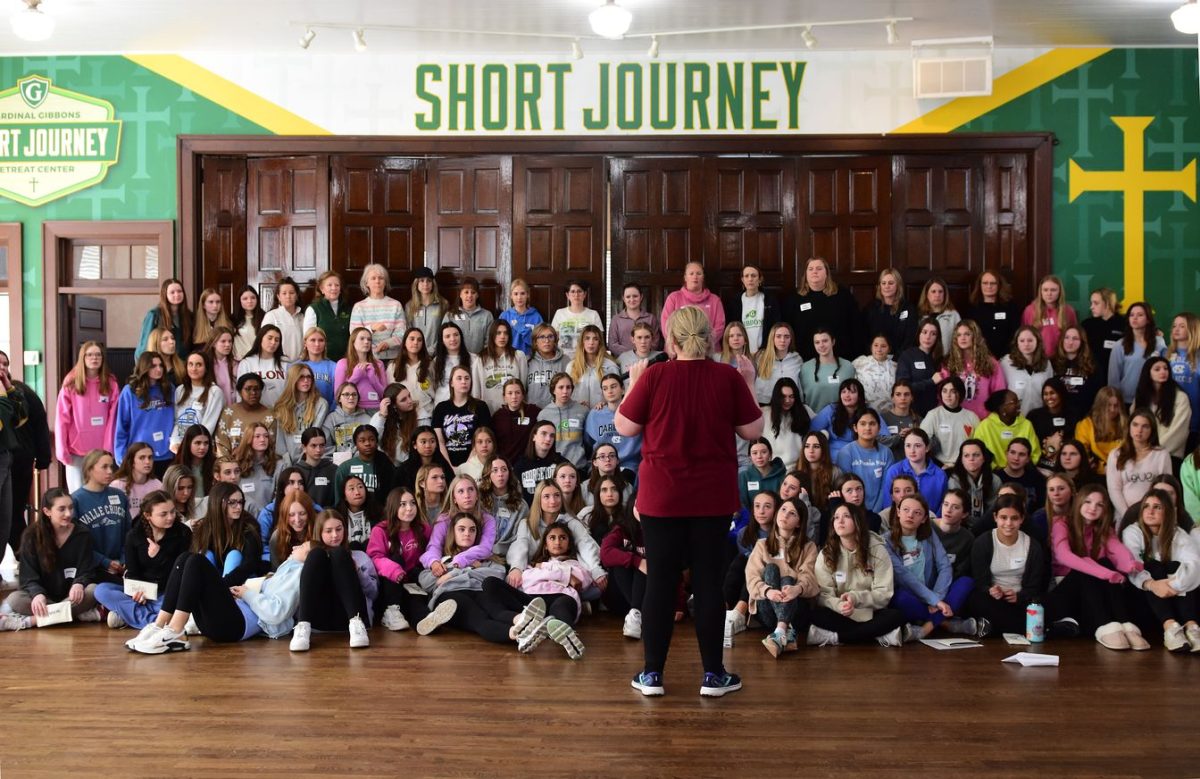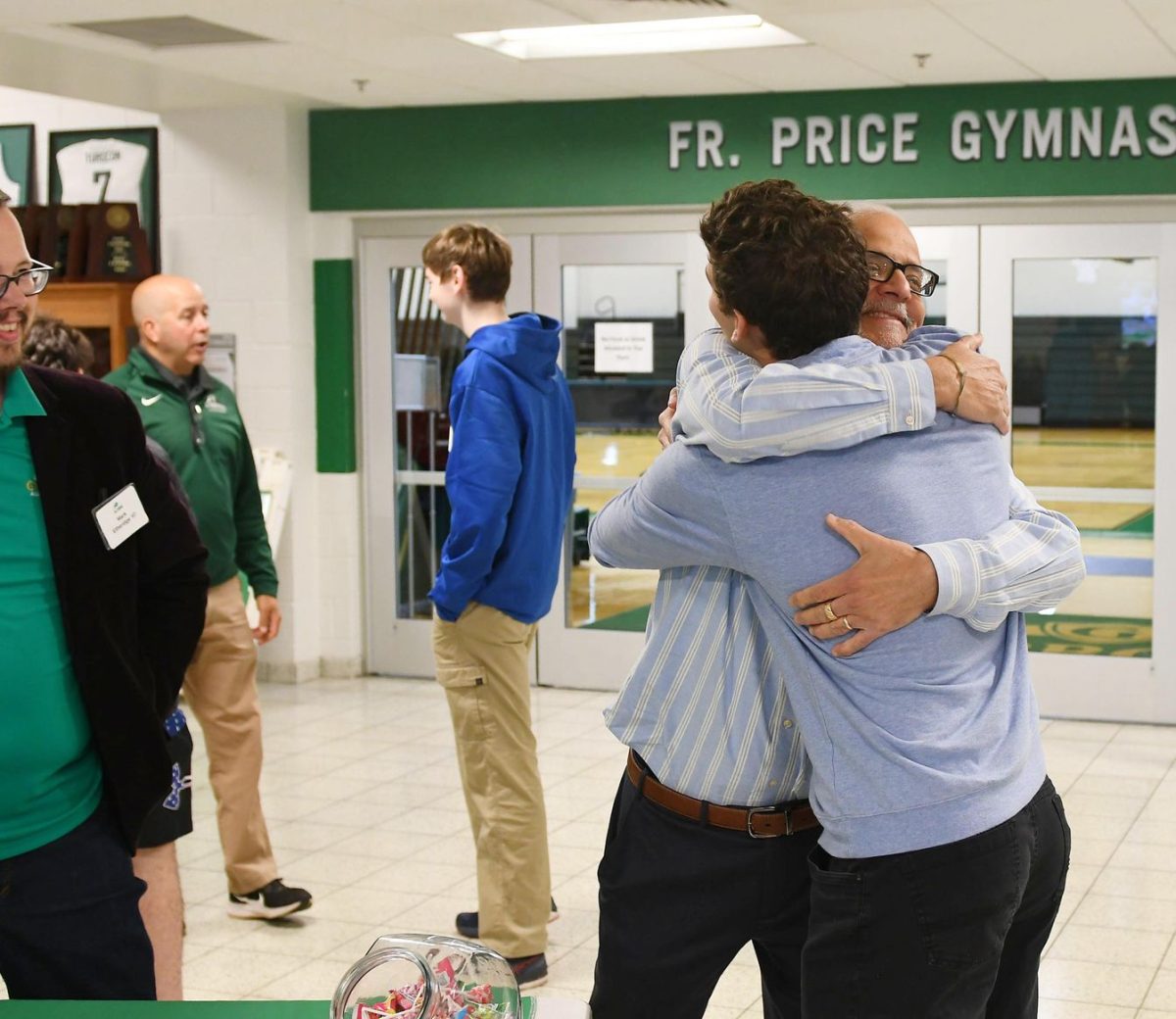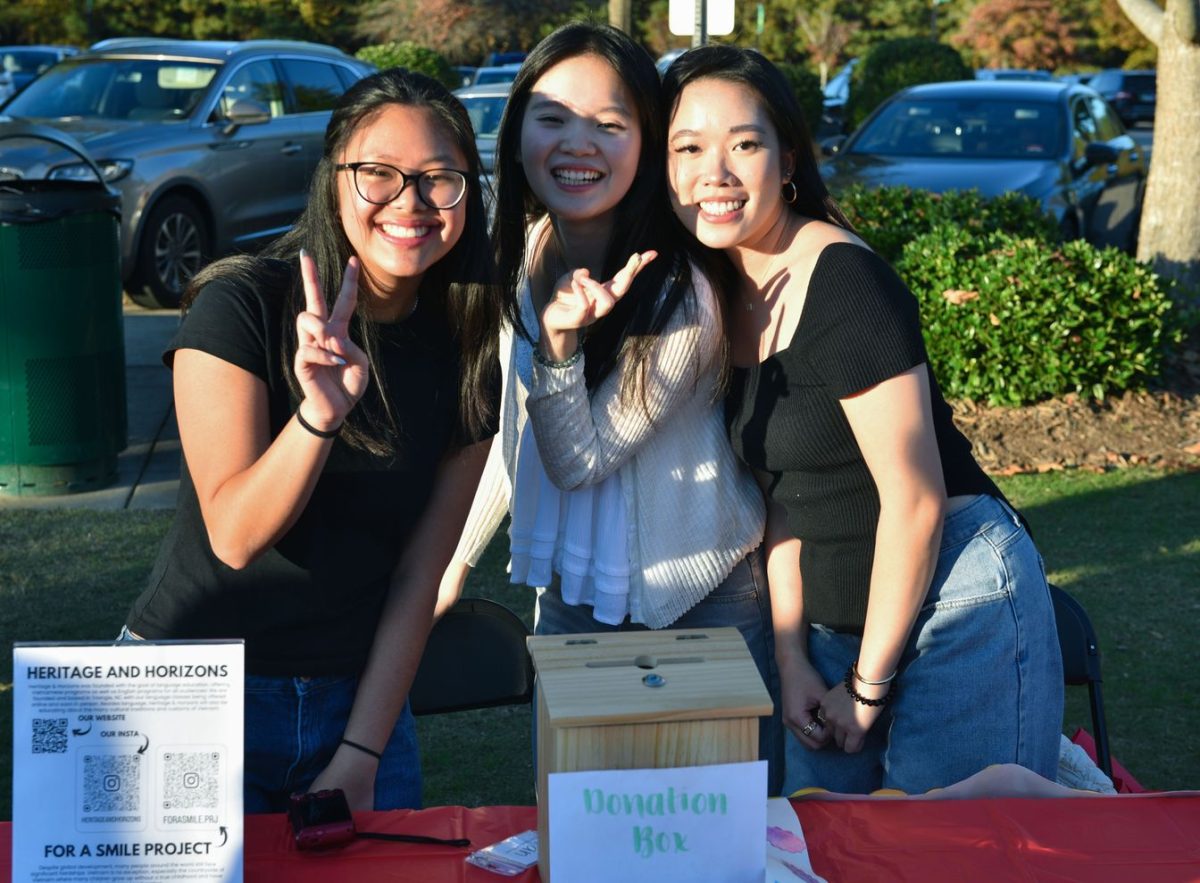Western North Carolina held its breath as Hurricane Helene bulldozed through the well-loved towns of Asheville, Boone, Chimney Rock, Hendersonville, and more.
It is a well-known fact that coastal areas are at high risk of being hit by an unwavering storm. Houses are built on stilts and costly repairs are a package deal with a view of the ocean.
But Western North Carolina? The mountains?
It had been over 108 years since the last big storm… The Great Flood of 1816. No meteorologist could’ve expected this.
Streets turned into rivers and rivers flooded with rain.
Former Gibbons student and current Appalachian State student Star Sessler described her first-hand experience.
“At first, we thought it was just another huge thunderstorm. And honestly I love thunderstorms, but this one was kind of frightening,” Sessler said. “It was just enough rain for you to be able to tell that something was off… The streets were literally rivers of flowing water.”
Gibbons alumna and UNC-Asheville student Megan Oppegard was just leaving volleyball practice when she saw her study hall had been canceled. She woke up the next day to no power, signal, or water and no idea how badly her city had been hit.
Gibbons graduate Remi Doggett, lives in a neighborhood right outside of UNC-Asheville’s campus.
“One of my neighbors had three trees fall on their house,” Doggett said. “Branches had flown off and gone through the roof landing above their dining room table.”
Branches, leaves, and mud coated the brick walkways of Appalachian State. Student apartment buildings became ruins and lecture halls drowned in rain. Students were left to walk around the campus tunnel because it was waist-deep in thick mud.
Loving our Neighbors
After Helene’s devastating impact, the western NC community came together, lending a hand to their neighbor.
“I noticed how the community came together,” Doggett said. “All the dads in the neighborhood came outside with chainsaws and cut through the 18 trees in one day so that people could get out of the neighborhood.”
Gibbons alumna Miranda Rogosich shared how App State opened its dining hall to anyone who needed food. “There were moms with their kids and other families,” Rogosich said.
What can WE do?
Donate and continue to keep Western North Carolina in your prayers.
Some people lost everything. Think of what you would want if you had nothing left. Cozy blankets, water, jackets, kid’s toys, food, stuffed animals, etc.
“We need hope, faith, and love,” Sessler said. “Keep all the affected people in your prayers, and donate if you can to any communities who need it.”
We recommend donating to the North Carolina Disaster Relief Fund or The Red Cross. For more information read this N.C. State article.


